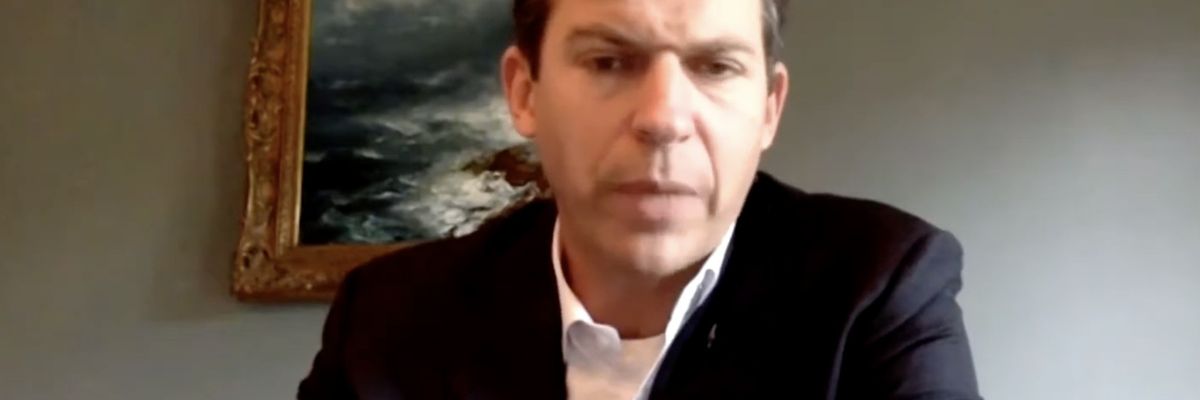President Donald Trump continues to pepper his new government with weapons industry mainstays.
Most recently, Trump has nominated Michael Obadal, a U.S. military veteran and current senior director of defense tech star Anduril Industries, to become the Under Secretary of the Army — the no. 2 civilian official in the organization.
If confirmed, Obadal would essentially act as the Army’s chief management officer, where he would help manage an $185 billion budget. Here, Obadal’s decades-long military career, where he’s commanded units and task forces in both the Army and Joint Special Operations, may serve his new role well. Considering Anduril’s many military contracts and prominent lobbying presence in Washington alike, however, Obadal’s prominent weapons start up job also precipitates a direct conflict of interest.
And Obadal would be working under Army Secretary Daniel Driscoll, who has argued that America’s defense industrial base must be revamped — in close collaboration with the weapons industry — to remain competitive with America’s adversaries.
“[W]e must reinvigorate our industrial base and revolutionize our procurement processes. We are not ready for large-scale conflict with a peer adversary. But we must be,” Driscoll wrote after being confirmed as Army Secretary. “Together, we will forge stronger partnerships with the defense industry to ensure you have the firepower to dominate our enemies.”
Critically, defense tech executives, like Anduril’s own Christian Brose and Palmer Luckey, have repeatedly made similar arguments in pushes for military contracts.
Trump is truly leaning on New Tech to populate prominent government roles. He selected Palantir’s former head of Intelligence and Investigations, Gregory Barbaccia, to be the new federal chief information officer, and tapped PayPal Mafia member David Sacks to be the new “White House AI and crypto-czar.” Stephen Feinberg, a billionaire investor sporting significant defense industry ties, was nominated for the position of Deputy Secretary for Defense.
And prominent entrepreneur Elon Musk, now a close confidant to the President through his DOGE role (he also previously threw $200 million at Trump’s successful campaign), is himself a prominent weapons contractor through SpaceX.
















